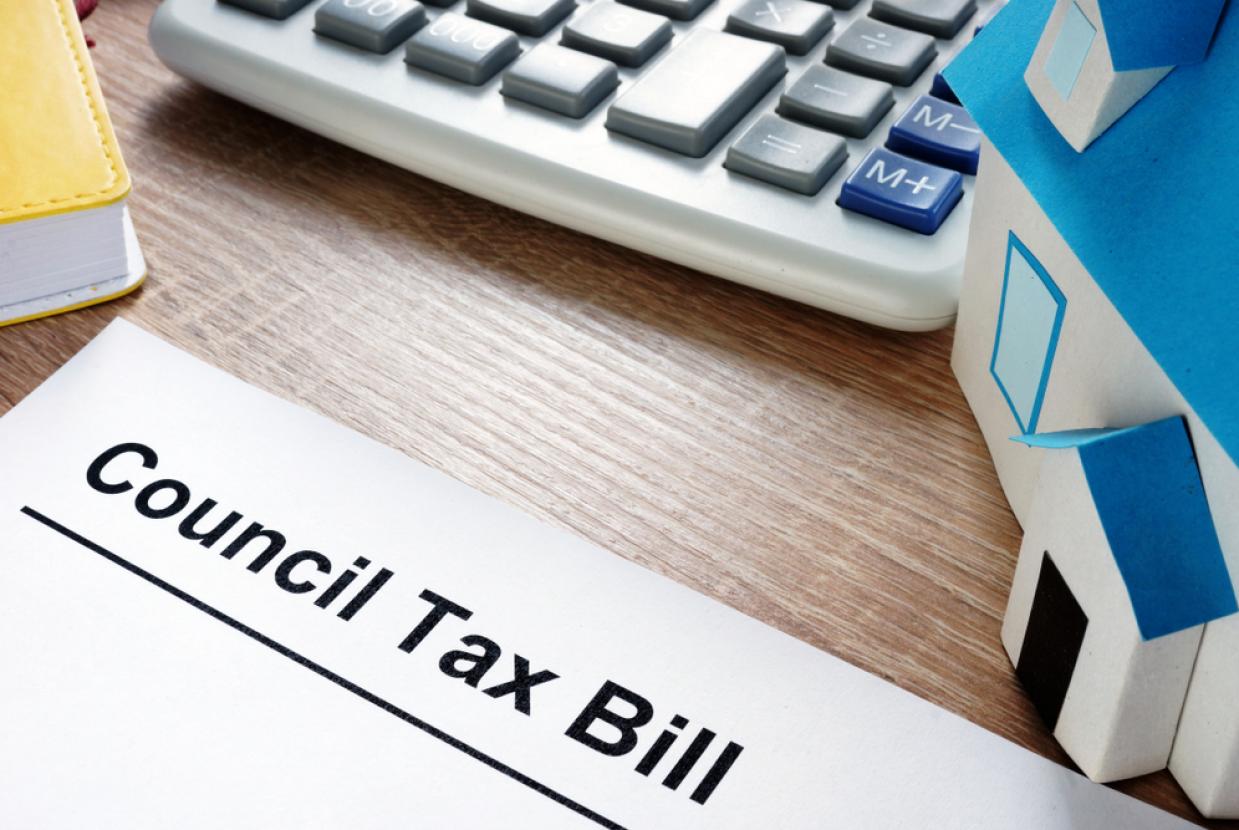Redundancy Pay
If you’ve been in the same job for at least two years, your employer has to pay you redundancy money. The legal minimum is called ‘statutory redundancy pay’, but check your contract – you might get more.
Are you entitled to redundancy pay?
If you’ve worked continuously for your employer for two years or more and they make you redundant, you have the right to redundancy pay.
Statutory redundancy pay
Statutory redundancy pay is the legal minimum. Your employer can’t pay you less than this.
If there’s no mention of redundancy in your contract or staff handbook, assume you’ll get the legal minimum.
Contractual redundancy pay
You might get paid more than the legal minimum if your employment contract says so. This is called ‘contractual redundancy pay’.
This could mean
- a bigger lump sum or
- getting a payout even if you’ve worked there for less than two years.
Check your employment contract or staff handbook to find out about your contractual redundancy pay.
How much statutory redundancy pay will you get?
How much you get depends on:
- how long you’ve been in the job – if it’s two years or more, you’ll be paid at least the minimum statutory redundancy pay
- the age you were in each year you worked there, and
- your current salary – up to a maximum of £719 a week in 2025/26 (£749 in Northern Ireland).
There is an overall maximum amount of redundancy pay you can get. This is capped at £21,570 in 2025/26 (£22,470 in Northern Ireland) – even if your actual earnings are higher. The maximum length of service taken into account for redundancy payment calculation is 20 years.
Only complete years of service count, and service has to be continuous.
Here’s what you should get:
Your age | Redundancy pay |
Under 22 | Half a week’s pay for each year of service |
22 to 40 | A week’s pay for each year of service |
Over 41 | A week and a half’s pay for each year of service |
Calculating redundancy pay – an example
Sally (aged 31) has worked part-time as a hairdresser for Kurl Up and Dye for ten years and two months, earning £200 a week.
She’s just been made redundant.
She gets:
- half a week’s pay for the year she worked when she was under 22 = £100
- nine weeks’ pay for the nine years she worked aged 22 to 40 = £1,800.
So, she gets £1,900 overall.
Your notice period
When you’re made redundant your employer must give you
- a statutory minimum of one week’s notice for up to two years’ service and
- one weeks’ notice for each year you’ve worked for them (up to a maximum of 12 weeks’ notice).
But check your employment contract as there might be a longer notice period that you’re contractually entitled to.
Pay in lieu of notice
What is pay in lieu of notice?
You could be expected to carry on working during your notice period, but you might be allowed to leave earlier and sometimes immediately. In this case, you’ll get pay in lieu of notice (PILON). This is effectively compensation from your employer for ending your contract early.
How is pay in lieu of notice taxed?
PILON is treated the same way as basic pay – so you’ll still have to pay Income Tax and National Insurance on any PILON payments you get. This means you’ll be taxed the same regardless of whether you worked during your notice period of not.
PILONs are payments for your work, and aren’t the same as compensation payments you might get for your redundancy. Compensation payments are subject to a tax exemption of up to £30,000.
Holiday pay
Don’t forget holiday pay. If you have holiday owed, your employer has to pay you for it or let you take it before you leave.
If your contract includes more than the statutory minimum amount of holiday, it should also tell you what will happen to your additional holiday if your contract is terminated.
So, find out if you’re owed any holiday pay.
£30,000 is tax free
When you’re made redundant, you’re likely to get a mix of redundancy pay (which is compensation for your job loss) and other amounts owed to you.
The first £30,000 of your redundancy pay is tax free – regardless of whether you get the legal minimum or a more generous payout from your employer.
You won’t have to pay National Insurance on it either.
But holiday pay, pay in lieu of notice and any other amounts that are pay for your work rather than compensation for the job loss, are taxed as pay.
What if your employer’s gone bust?
If your employer goes out of business, you’ll still get statutory redundancy pay and holiday pay owed to you. But you’ll have to claim them from the Insolvency Service rather than from your employer.
Use this service to claim money if your employer owes you a redundancy payment or other money, such as wages, holiday and commission.
Your employer must be unable to pay you, for example because they’re insolvent. The person dealing with the insolvency (such as the Insolvency Practitioner or Official Receiver) will tell you how you’re affected and provide you a case reference number if needed.
Your employer isn’t paying up – what can you do?
If you think your employer’s paying the wrong amount of redundancy pay, or if you’re unhappy with the way you’re being treated – talk to them about it first.
You could also try your trade union rep, if you have one.
If this doesn’t work, you can make a complaint using your employer’s grievance procedure.
Otherwise, Acas (the Advisory, Conciliation and Arbitration Service) and the Labour Relations Agency offer free, confidential and impartial advice.
If matters still can’t be resolved, consider making a claim to an employment tribunal.
- Visit the Acas site (England, Wales and Scotland) or call them on 0300 123 1100.
- Visit the Labour Relations Agency site (Northern Ireland) or call them on 03300 552 220.

















